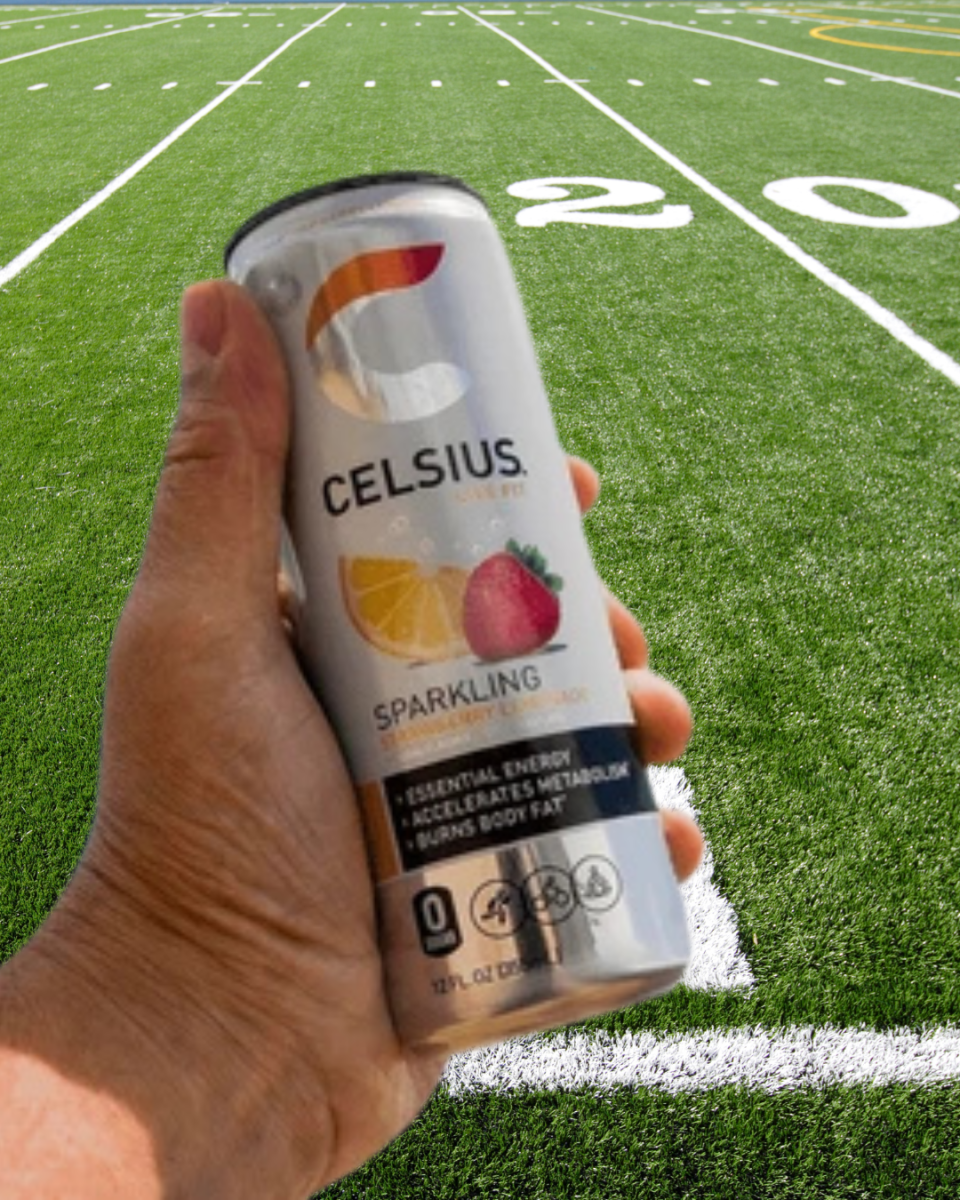Celsius, Red Bull, Monster, Alani Nu, and many other energy drinks with caffeine in them have been popular among different groups of people. These drinks can come in a variety of flavors and bottles, creating an attraction to the product. Today, most of the consumers of these drinks are between the ages of 12-18. The recommended amount of caffeine per day for teenagers is no more than 100 milligrams. In most energy drinks, the amount of caffeine is double the recommended amount.
The effects of energy drinks have both positive and negative effects on consumers. Energy drinks have the effect of giving a burst of energy that keeps you awake throughout the day, around four to six hours. Along with the boost of energy, improved mood and increased awareness are added benefits of energy drinks. While these short term effects are good in the moment, long term effects follow every sip made. The high levels of caffeine stimulates the nervous system, which makes the heart beat too fast and irregularly. If energy drinks are consumed too regularly, serious health problems may occur.
Parents and researchers have noted increased levels of anxiety, insomnia, and digestive issues. Caffeine can trigger anxiety and nervousness in some individuals who consume energy drinks. This is heightened when people with pre-existing health issues choose to drink the high amounts of caffeine found in energy drinks. Sleeping trouble is another symptom of the overuse of energy drinks. The high caffeine and sugar content contributes to sleep disturbances that could further the need for more energy.
Energy drinks aim to make consumers feel good and help them perform their best. This makes people keep coming back to try and achieve the same feeling. The enhanced performance of energy drinks can create addictive tendencies that can be hard to break. When consumed, energy drinks block adenosine receptors, which affects the sleep cycle, leading to increased concentration and alertness. Muscle function is improved with the addition of taurine, commonly found in energy drinks. Taurine is used for energy production, and helps the body process acids and balance fluids. These benefits, while good, only last for four to six hours. This creates the short lived experience that keeps consumers wanting more.
Energy drinks are especially popular among student athletes for their energy boost and improved physical performance benefits, regardless of the negative effects. Sophomore Ava Manzo enjoys having an energy drink before practice. “It’s nice to have an energy drink that gives me a boost to be ready for practice,” Manzo said. Even with the various health concerns having an energy drink brings, Manzo is not worried about the consequences. She only has an energy drink once or twice a week. In her eyes, it is not enough to make her sick. “If you’re not drinking them every single day, all day, then it’s ok to have one once in a while,” Manzo added.
The risks of consuming energy drinks are heightened when it comes to student athletes. In the early 2010’s, two student athletes needed to be hospitalized with symptoms of high heart rates. Doctors later pointed the cause to the consumption of energy drinks by the athletes before practice. Since then, similar incidents have followed, which led to Fairfax County banning the consumption of energy drinks in more than 20 schools. Regulations have been implemented that force student athletes to dispose of their energy drinks if caught drinking them at practice. Coaches have also been educated on the difference between energy drinks and sports drinks like Gatorade or Powerade. While all of these implementations are aimed to keep student athletes safe, some feel that the consumption of energy drinks once in a while is needed to get through practice.
“They [student athletes] have a long school day and then they need to spend two hours after school playing their sport. It can be exhausting, it takes a lot of energy,” Manzo said. “Sometimes you need a little pick me up.”


























































